The year is 1985. A young 31-year-old Xi Jinping, then a county Communist Party committee secretary, made his way to San Francisco and posed in front of the Golden Gate Bridge. Cut to 38 years later, and Xi Jinping, now the president of China, will return to San Francisco and meet with his US counterpart Joe Biden on the sidelines of the APEC meet today (15 November). Whether he poses again along the Golden Gate Bridge is yet unknown.
A lot has changed since then. Xi has become president of China; the country has grown into a superpower and has also seen a deterioration of ties with the United States.
Many geopolitical observers will be closely watching over this meet between the two world leaders. After all, the last time they met was a year ago in Bali during a summit of the G20 countries.
More importantly, what fruit will this meet between the two – Biden and Xi – bear?
A much-awaited meet
Xi’s visit to America – his last came in 2017 and he was welcomed by then President Donald Trump at his Florida residence, Mar-a-Lago and the two enjoyed “the most beautiful piece of chocolate cake” – is much awaited. This will also be only the second time that Xi meets Biden after the latter assumed presidency in 2020.
Quick Reads
View AllAccording to reports, Biden has long wanted to sit face-to-face with Xi and resolve long-standing issues between Washington and Beijing. The last time they met in Bali, they spoke for three hours.
But since then ties have only deteriorated between the two nations. Relations were sidetracked in February after an alleged Chinese spy balloon was spotted drifting across the United States. The Biden administration had then said the balloon was equipped with high tech surveillance gear, and shot it down. China responded by saying it was a weather balloon that was blown off course, and accused the US of overreacting.
The Ukraine-Russia war also led to a deterioration of ties, with both sides accusing one another of fanning the flames of the conflict. And then there was the ever-looming problem of Taiwan and the increased presence of China in the South China Sea.
But the Biden administration has since then worked hard to get Xi to the table, which has finally materialised with the meet today on the sidelines of the APEC summit. As one official said of the meet, “This is not the relationship of five or 10 years ago. We’re not talking about a long list of outcomes or deliverables. The goals here really are about managing the competition, preventing the down-side risk of conflict, and ensuring channels of communication are open.”
And when they meet, there will be no such thing as a small detail. As officials were quoted as telling CBS News, “it’s going to be pretty intense”, as conflicting interests between Washington and Beijing might mean the seemingly trivial becomes meaningful.
Issues to figure at the Biden-Xi meet
There are multiple issues that Xi and Biden will speak of during their talks, but some will gain more significance than others. And the most important among them will be the matter of Taiwan. China considers the island part of its territory and opposes Taiwanese independence. Xi will want Biden to reiterate the United States’ position that it does not support Taiwanese independence.
Taiwan has become a hot button for the two since former House Speaker Nancy Pelosi visited the island in August 2022, leading to military-to-military communications between the superpowers ceasing. Biden “is determined to see the reestablishment of military-to-military ties,” his National Security Adviser, Jake Sullivan, told CBS on Sunday, saying it was “in the US national security interest.”
Another urgent issue that will figure in the talks is Beijing’s role in the Israel-Hamas war. Analysts believe that Biden will urge Xi to use his influence with Iran and restrain the Israel-Hamas war plunging the West Asia region into a larger, more complicated conflict.
According to a South China Morning Post report, the two world leaders will also announce a ban on the use of artificial intelligence in autonomous weaponry, such as drones, and in the control and deployment of nuclear warheads. Both Washington and Beijing have expressed concerns over the unregulated use of this technology to fuel conflicts.
It is also reported that Biden will press China on stemming the flow of fentanyl, which has become a leading cause of death among young Americans. This will help Biden show that his foreign policy is not just aimed at the elites but also the ordinary common man. In fact, Bloomberg reports that the two will announce a deal on the same in which Beijing would go after chemical companies, and In return, the Biden administration would lift restrictions on China’s forensic police institute.
Biden will also likely press Xi on using China’s influence on North Korea. This comes amid heightened anxiety over an increased pace of ballistic missile tests by North Korea.
The issue of fair trade and ‘ decoupling’ will also figure in the talks between the two. Earlier, Treasury Secretary Janet Yellen had told Chinese vice premier He Lifeng, “The United States has no desire to decouple from China. A full separation of our economies would be economically disastrous for both our countries, and for the world.”
Temper your expectations
Geopolitical observers note that while Biden and Xi’s meet will attempt to help stabilise the relationship between Washington and Beijing, there should be realism about true breakthroughs.
Orville Schell, director of the Centre on US-China Relations at the Asia Society in New York, told Axios, “Xi is now engaged in a charm offensive, but still equates reciprocity and compromise as hallmarks of weakness rather than as essential tools of diplomacy.”
This will make it difficult for Xi and Biden to achieve any realistic outcome from the meet.
Bonny Lin, Director of the China Power Project at the Centre for Strategic & International Studies in Washington agreed with this view. She told NPR, “I don’t think either side are going in expecting major deliverables or major breakthroughs in the relationship, but it could empower the two sides to continue to make progress on areas where we’ve seen improvement.”
Furthermore, analysts believe that both leaders will also be more unwilling to appease or negotiate, as they try to court their domestic audience. Keep in mind, Biden is facing an election next year, while Xi Jinping is facing trouble within his government and the country’s economy is faring poorly.
However, in conclusion, despite the many challenges, simply holding the meeting is a win – for both the countries as well as the world.
With inputs from agencies


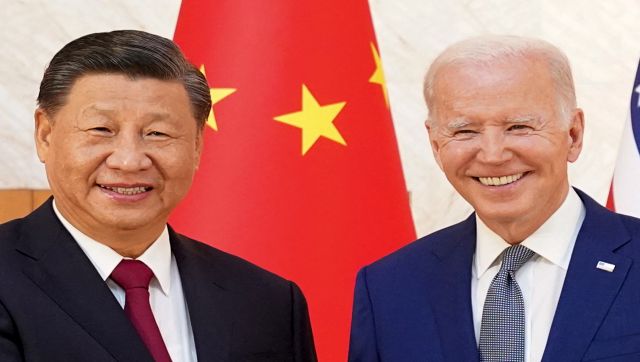)

)
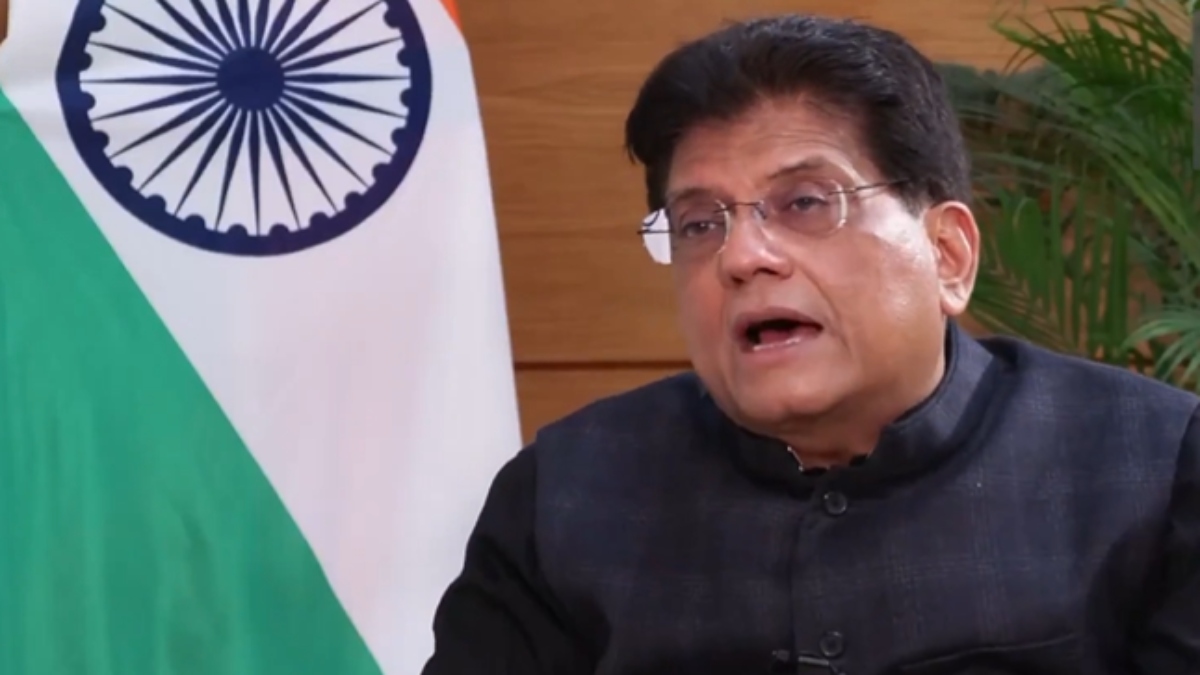)
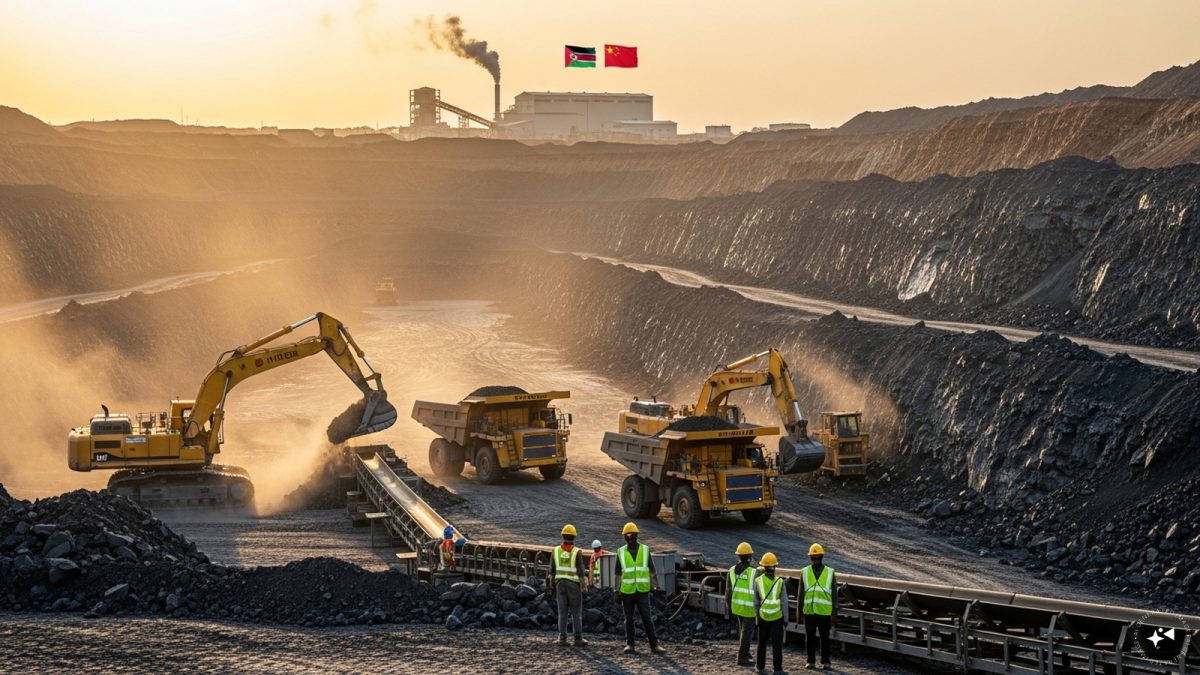)
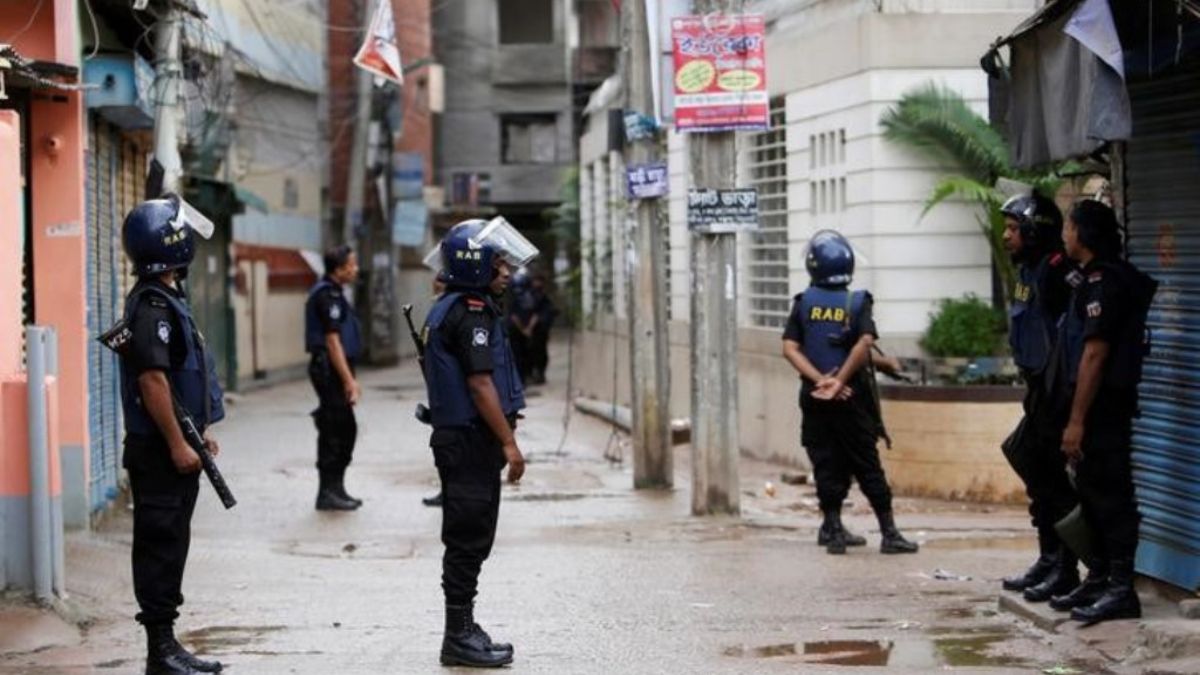)
)
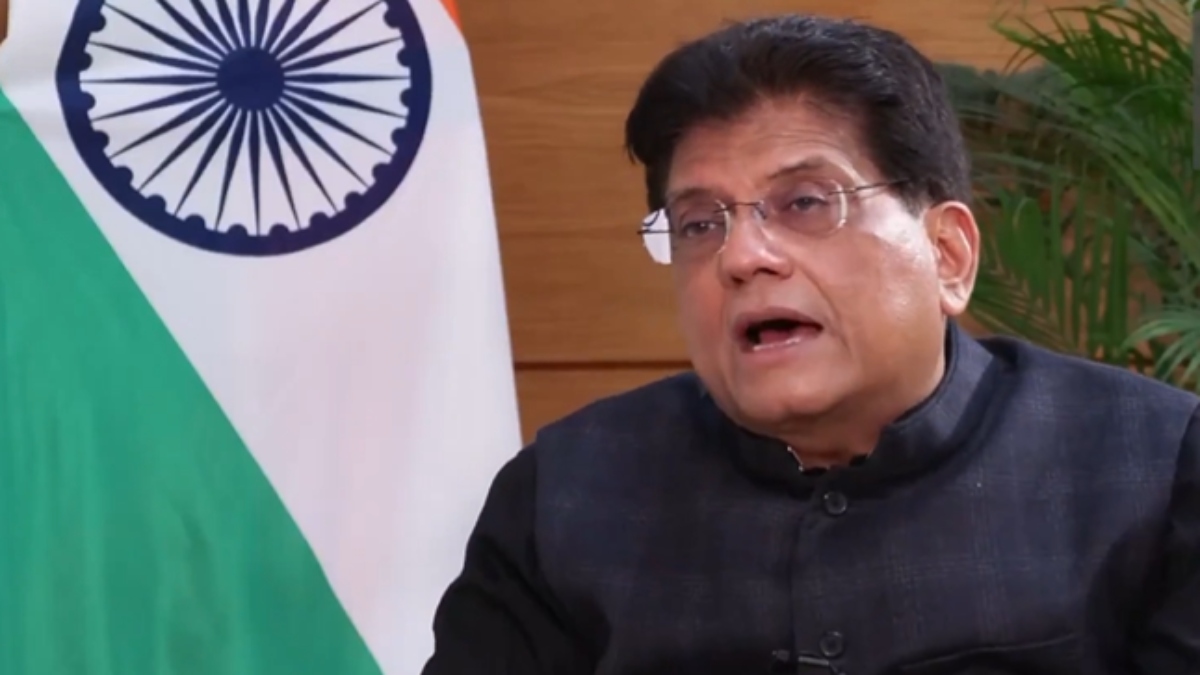)
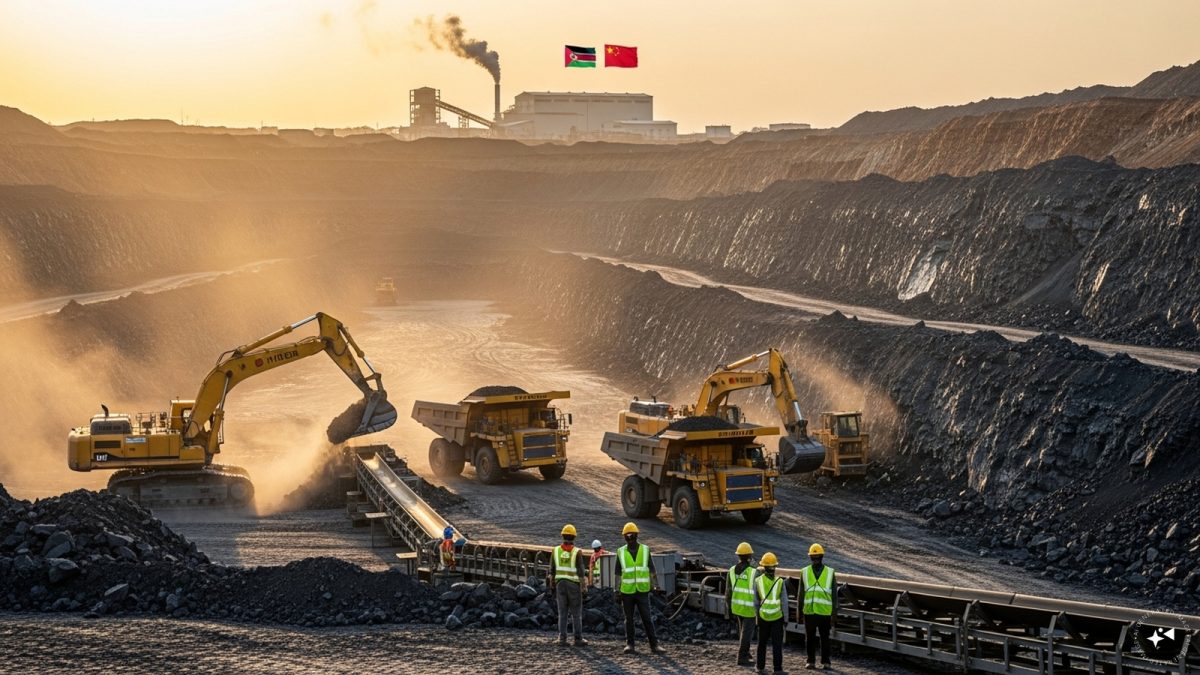)
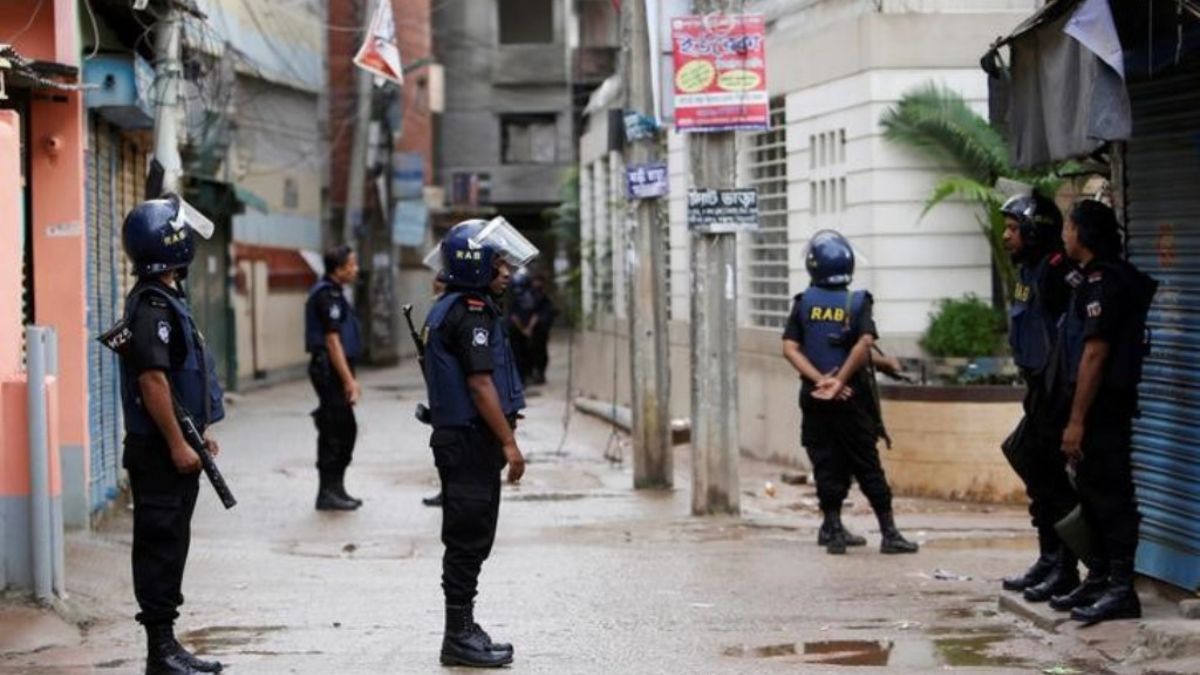)



